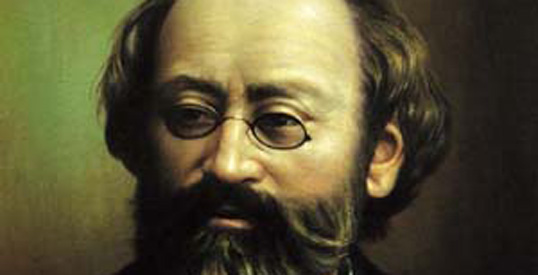Max Bruch (1838–1920) was a German composer and conductor, celebrated for his contributions to the Romantic era of classical music. Born on January 6, 1838, in Cologne, Bruch displayed an early aptitude for music, receiving his first violin lessons from his mother at the age of seven. Recognizing his talent, his parents enrolled him in the Cologne Conservatory, where he studied violin under Friedrich Wilhelm David and composition under Ferdinand Hiller.
Bruch's early career was marked by his proficiency as a violinist, and he even worked as a conductor in various German cities. However, it was his compositions that ultimately secured his legacy. One of his early successes was the "First Violin Concerto in G minor, Op. 26," completed in 1866. This work, widely regarded as one of his masterpieces, showcased Bruch's ability to combine technical virtuosity with expressive lyricism, earning him acclaim across Europe.
In the realm of classical music, few composers have captured the hearts and imaginations of audiences quite like Max Bruch. With his gift for crafting unforgettable melodies and his deep understanding of orchestration, Bruch left an indelible mark on the Romantic era. Join us as we embark on a captivating journey through the life and music of this remarkable composer. Max Christian Friedrich Bruch was born on January 6, 1838, in Cologne, Germany. From a young age, Bruch displayed prodigious talent and an unwavering passion for music. He received his early musical education from his mother, who recognized his extraordinary abilities. Later, he studied under prominent musicians such as Ferdinand Hiller and Carl Reinecke, refining his skills as a violinist and composer.
